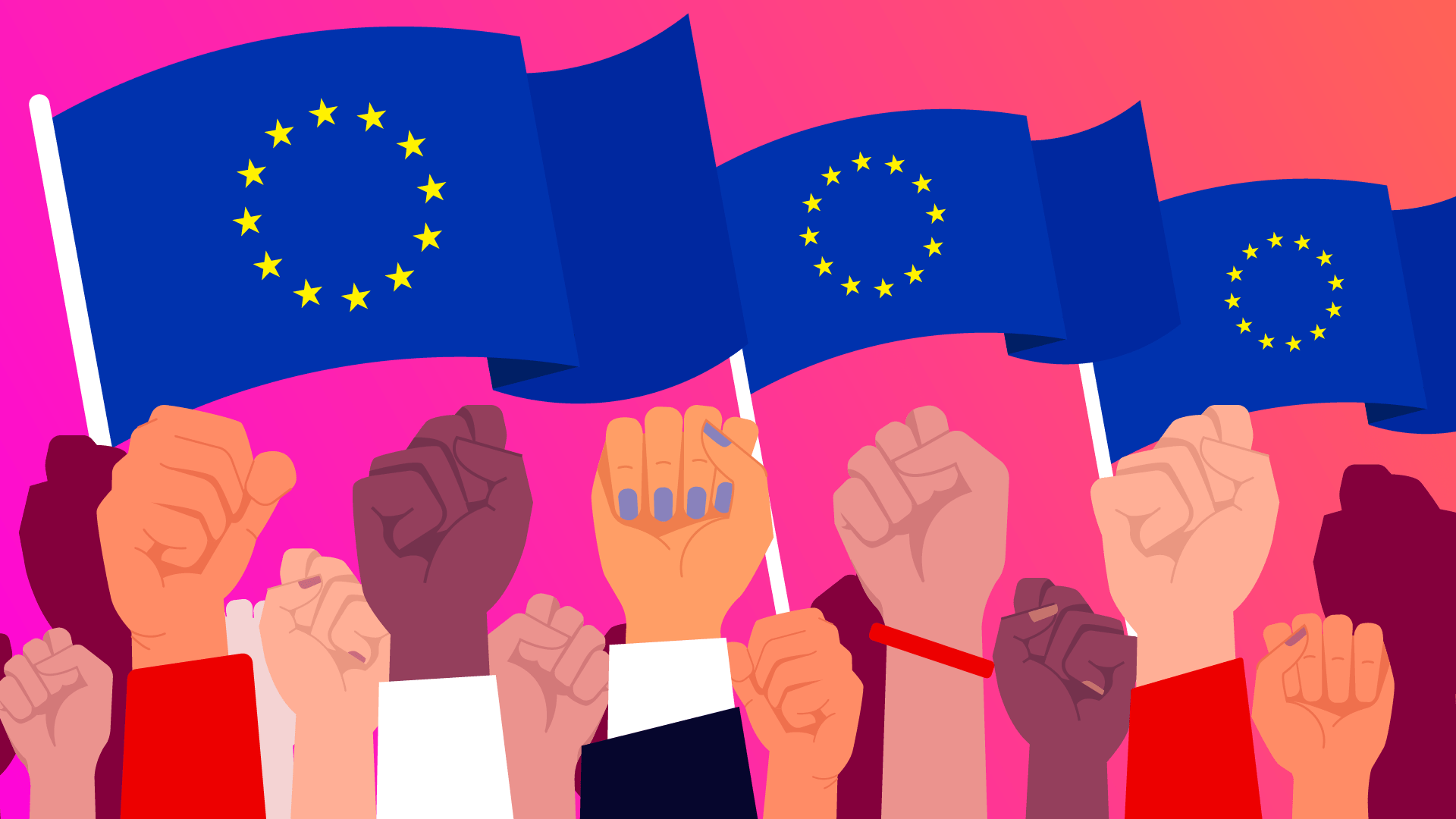
Today, up to 2 million children may face difficulties with the recognition by a member state of their parenthood, which was established in another member state. This is why the Parliament’s committee on legal affairs, led by the S&D Group, adopted a report ensuring that all children should have the same rights in the EU and maintain their legal status in cross-border situations irrespective of their family situation. This includes, for instance, their right to maintenance and succession, or schooling and education in another member state. Because in this legislative procedure only the Parliament is consulted, member states will have the final say when it comes to the adoption of this important regulation, on which negotiations are currently unfortunately blocked because member states have not come to an agreement. It seems that a likely way out will be that only those member states supportive of the regulation will adopt it within an enhanced cooperation procedure. The fact that Parliament stands united behind the report of the efforts of S&D MEP Maria Manuel Leitão Marques sent an important sign to the Council to swiftly adopt this Regulation: No child shall be discriminated against because of the way they were born or the type of family they were born into.
According to a 2022 Report by the Coalition Against SLAPPs in Europe, 570 strategic lawsuits against public participation (SLAPPs) cases were identified in over 30 European jurisdictions from 2010 to 2021. Thanks to the leadership of S&D MEP and EP rapporteur Tiemo Wölken, the new ‘anti-SLAPPs’ Directive will guarantee a set of important measures to safeguard those targeted with abusive lawsuits seeking to prevent public discourse on issues that are important for society and the proper functioning of our democracies. These include general accelerated treatment of such cross-border cases, early dismissal of cases that are obviously unfounded, the right to full compensation of costs and the award of damages and compensation to those wrongly sued, the gathering of relevant data and awareness raising and providing psychological, financial and legal support through a single point of contact in each member state.
The S&Ds have achieved stronger rules on the protection of workers ensuring fair wages, decent working conditions and equal treatment for all mobile workers in the Union, including cross-border and seasonal workers. The establishment of the European Labour Authority (ELA) in July 2019 was therefore a major achievement. The authority is a key player in enforcing Union rules on labour mobility and social security co-ordination. It supports the co-ordination between member states in cross-border enforcement, including joint inspections and mediation to resolve cross-border disputes. It also provides support services for mobile workers, employers and social partners, and is active in tackling undeclared work.
We maintained the deadline for completion of the European Education Area to no later than 2025 and put forward steps to further deploy digital education, ensuring that educational staff are properly trained and people with vulnerable backgrounds are not left out. The recognition of learning experiences gained through training and vocational education along the more classic recognition of diplomas is clearly identified as the next step, as highlighted in the 2023 mid-term implementation report of the Commission on the Council recommendation on promoting automatic recognition of higher education and upper secondary education and training qualifications.
We contributed to double the budget for Erasmus+ for the years 2021-2027 compared to the previous edition and to reinforce inclusion objectives throughout this flagship programme, so that it becomes affordable and accessible to all. Attention is also raised on the need to cater for the mental well-being of young people and to involve them more systematically in policy and decision making.
No child should be discriminated against because of the way it was born or the kind of family it is are born into. Currently, the same family in different member states might be subject to different laws to determine the parenthood of a child. This means that children may lose their parents, legally speaking, when they enter another country. The S&Ds strive to make sure that once a parental relationship has been established in one EU country, it needs to be recognised in all EU countries.
These are key elements to the proper functioning of our democratic societies and to the respect of the rule of law. Anyone carrying out acts of public participation, for example news articles, journalistic investigations or peaceful protests, needs to be able to do so without fear of intimidation or harassment. We need to protect the fundamental rights of expression, information and association across the EU. In order to ensure this, we need to implement a directive introducing measures to protect those speaking on matters of public interest, like journalists.
Freedom of movement of workers in the EU is a fundamental freedom and an integral part of the internal market’s success. The free movement of services must not undermine workers’ rights and social rights. However, there are still unscrupulous employers, fraudulent recruitment agencies and dubious labour market intermediaries searching for legal loopholes to exploit mobile workers. In order to protect the rights of over 1.7 million mobile workers in the EU, we need to strengthen the mandate of the European Labour Authority (ELA) to facilitate the enforcement of Union legislation and to ensure fair mobility, as well as to push for the revision of the Temporary Work Agency (TWA) Directive to put a stop to labour market intermediaries and temporary work agencies that do not comply with Union legislation. We call for the introduction of a European Social Security Pass (ESSPASS), already promised by the European Commission in 2018, as a Union-wide enforcement tool to co-ordinate social security and ensure fair labour mobility.
We want to achieve an inclusive, accessible and affordable quality education for everyone, at every moment of their lives. We need to be able to move around freely in the Union without fearing that our education, training or work experience is not recognised across member states’ borders. However, dropping out of school is still a reality in several countries; we are missing flexible and modular pathways to learning for learners of all ages and the recognition of diplomas and learning experiences across Europe is not yet automatic. The European Education Area aims to fix these shortcomings: we need it to become a reality by 2025.
Additionally, educational policies should address as a priority the social inequalities exacerbated by the lockdown imposed by the Covid-19 pandemic that prevented many children from remote areas and lesser equipped families from access to quality education, and shed light on the mental distress that some young learners are facing.
Making voting in European elections more accessible for non-national EU citizens (so-called ‘mobile citizens’) is an outstanding priority in order to increase their participation in elections and ensure the principle of non-discrimination considering that more than 17 million EU citizens are currently living or working abroad, according to the European Commission.

